
Autoimmune Alert: 10 Warning Signs and How to Potentially Reverse the Disease
Autoimmune Alert: 10 Warning Signs and How to Potentially Reverse the Disease
Autoimmune disease is a complex group of conditions, with over 80 types currently recognized in medicine, including rheumatoid arthritis, multiple sclerosis, and Graves’ disease [1]. What unites these diverse diseases is a malfunction of the immune system – either becoming underactive or, more commonly, overactive.
Ironically, the very system designed to protect your body can turn against it. If an unidentifiable trigger sets off an autoimmune response, the antibodies produced can mistakenly attack harmless tissues [2]. Recognizing the early warning signs is crucial for timely intervention and management.

10 Potential Indicators of Autoimmune Disease
While no single symptom is definitive, a persistent combination of these signs warrants medical attention:
-
Sudden Weight Loss: Losing weight without changes in physical activity or diet is unnatural and a common early sign for many autoimmune diseases, including celiac disease, inflammatory bowel disease, and Graves’ disease.
-
Muscle or Joint Pain: Experiencing soreness in muscles without significant exertion, or discomfort when bending specific joints, often with sharp, temporary but recurring pain.
-
Poor Mental Performance: Difficulty staying focused or interested, or a persistent feeling of "mental fogginess," has been linked to autoimmune conditions like multiple sclerosis and myasthenia gravis.
-
Recurring Skin Breakouts: This symptom can indicate an autoimmune disease, especially if accompanied by sun-sensitivity causing itchy spots. Hives or rashes appearing in sudden bursts, sometimes triggered by dry weather or certain foods, may also be linked to autoimmune issues.
-
Fatigue or Weight Gain: Sudden, unexplained weight gain and profound tiredness are associated with several autoimmune disorders, such as celiac disease and autoimmune hepatitis. While occasional tiredness or minor weight fluctuations are normal, frequent or dramatic changes should be investigated.
-
Dryness: Persistent dryness in various areas, particularly the skin, mouth, and eyes, causing discomfort, is a common link to autoimmune disease.
-
Numbness or Tingling: Experiencing loss of feeling or random tingling sensations in the hands, feet, or other body parts could be connected to an overactive antibody response.
-
Blood Clots and Miscarriages: Some symptoms are more severe. Unexplained blood clotting in arteries can have serious health implications, and recurrent miscarriages are sometimes linked to antiphospholipid antibody syndrome and celiac disease. Some autoimmune conditions can also cause unexplained bruising.
-
Hair Loss or Skin Patches: Certain autoimmune diseases, like alopecia areata, directly attack hair follicles, leading to bald patches. Others can create discolored patches of skin, often white and flaky. (Note: Other reasons for hair loss exist that are unrelated to autoimmune disease).
-
Digestion Trouble or Abdominal Pain: Stomach pain, whether brief or prolonged, combined with irregular bowel movements, blood, or discoloration in stool or urine, may indicate an unnecessary autoimmune response.
If an autoimmune disorder is suspected, your doctor may order blood tests to check for elevated levels of the enzyme creatine phosphokinase (CPK).

Understanding and Potentially Reversing Autoimmune Disease
Given the diversity and often elusive nature of autoimmune diseases, individuals may feel resigned to a lifelong battle. However, while a doctor's role in direct "curing" can be limited, the power of prevention and management often lies significantly with the patient. The crucial first step is accurate identification of the specific disease. If you experience persistent symptoms of concern, consulting a medical professional is paramount. A diagnosis provides the necessary foundation to research specific triggers and treatment options.
The most effective approach to managing an autoimmune disease often involves identifying the triggers that are causing the immune system to overreact or underperform. According to the National Institute of Environmental Health Sciences (NIEHS), there is growing consensus that autoimmune diseases result from interactions between genetic predispositions and environmental factors. Some environmental factors highlighted by NIEHS include:
-
Significant exposure to asbestos
-
Ultraviolet radiation from sunlight
-
Exposure to solvents (e.g., paint thinners, cleaning supplies, nail polish)
-
Smoking
-
Exposure to fine particles of crystalline silica
-
Consuming gluten
Working with a physician, identifying your specific disorder becomes easier when considering these potential triggers. Distance yourself from identified factors and observe if your condition improves or stabilizes. Many physicians recommend experimenting with new diets and eliminating highly inflammatory foods. Incorporating anti-inflammatory foods into your diet can also help reduce systemic inflammation.
For skin disorders like psoriasis, keeping the skin moisturized is vital to prevent drying and spreading. Generous daily lotion application, especially after showering, can protect the skin from autoimmune flares. Additionally, various natural methods exist to relieve psoriasis symptoms.
It is important to remember that most individual symptoms are not exclusive indicators of any single disease. The symptoms listed above are general and can point to a wide variety of conditions. While you might exhibit one or two symptoms related to something entirely different than an autoimmune disease, none of these signs should be ignored. A doctor might initially treat a minor symptom without delving deeper, but failing to find the root cause could lead to more severe future health issues for the patient.
News in the same category

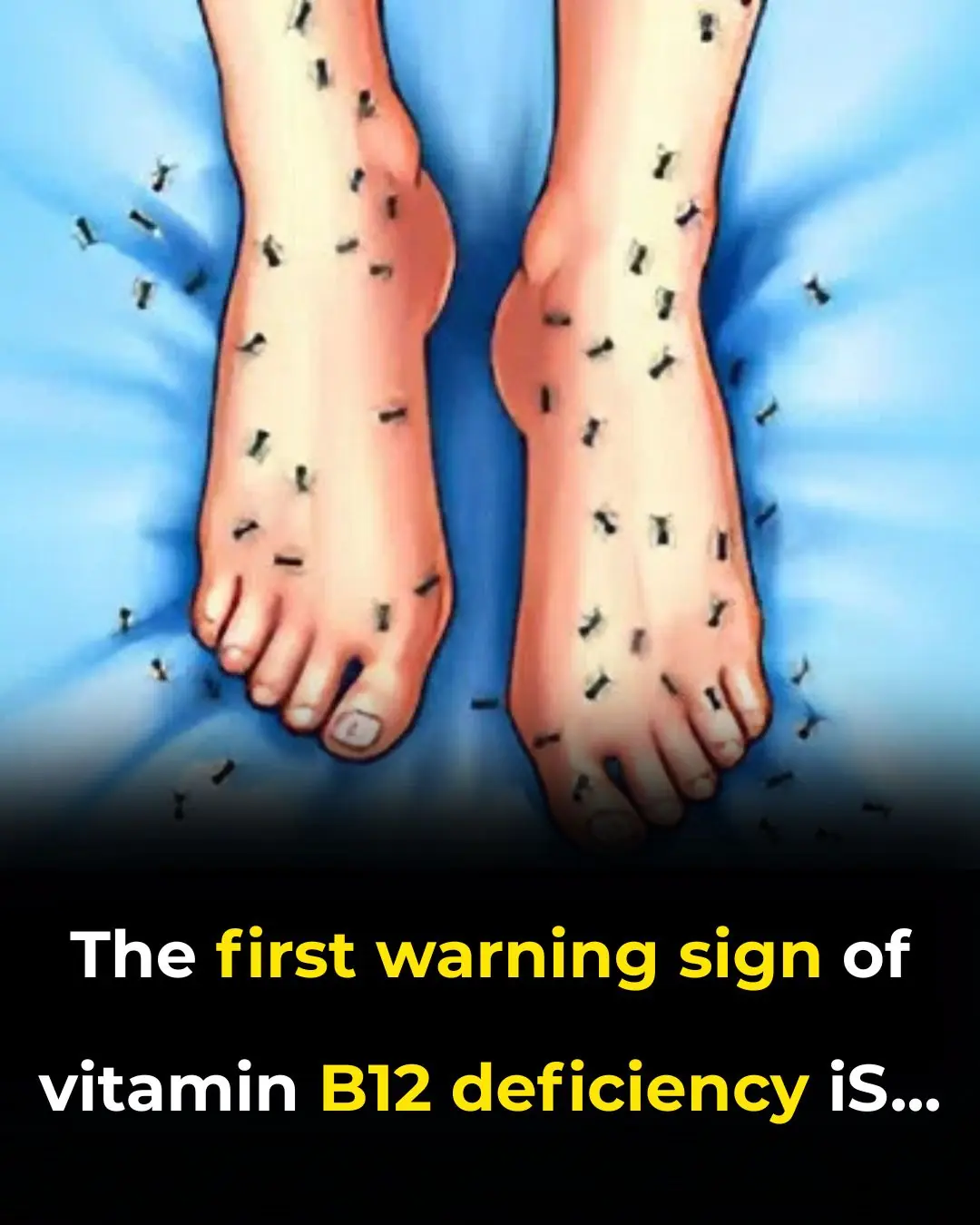
Warning Symptoms of Vitamin B12 Deficiency and How to Fix It
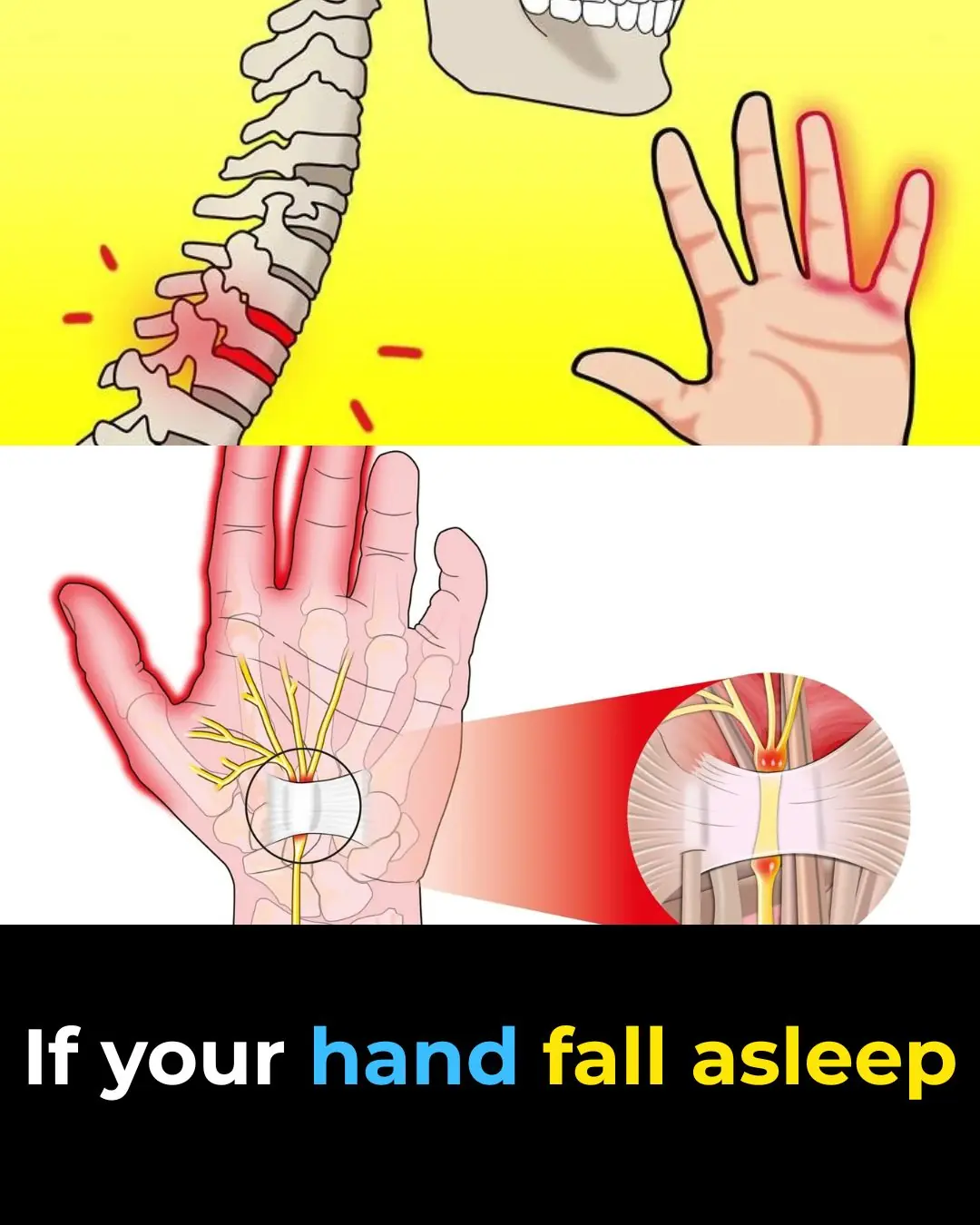
Tingling Sensation In Your Body: Why Does It Happen
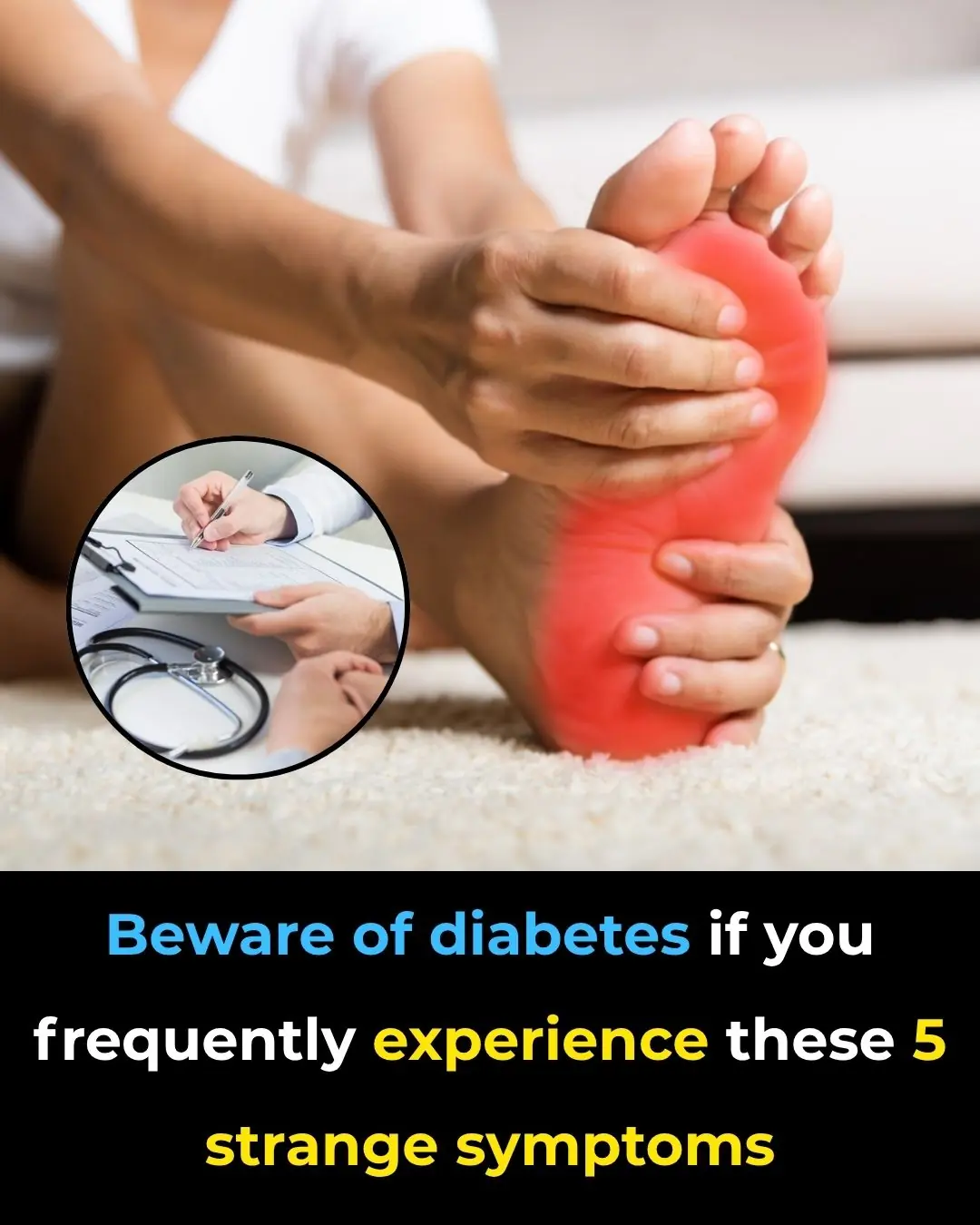
High Blood Sugar Warning Signs
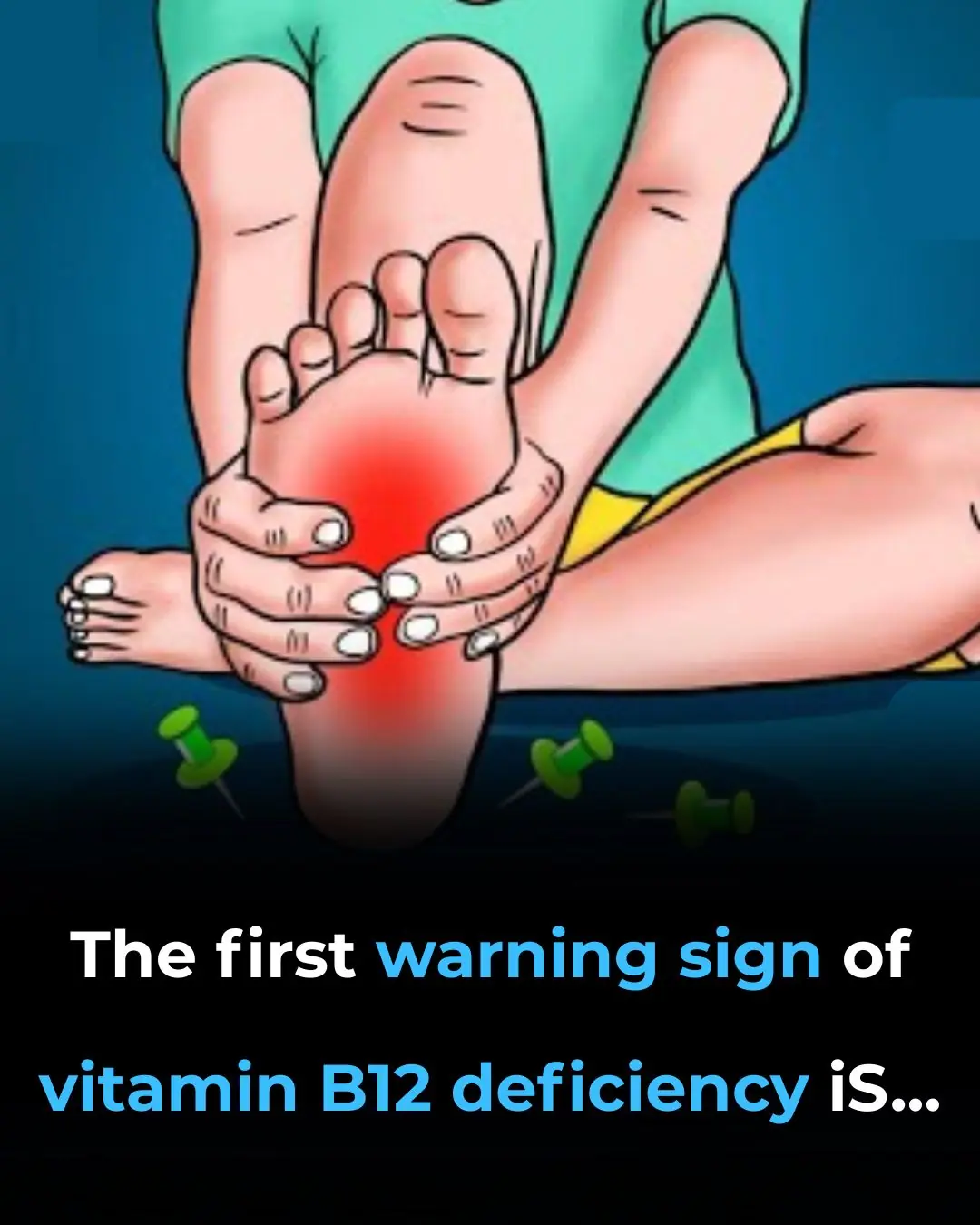
Top Signs of Iron Deficiency and How To Increase Iron Levels In Your Blood

Doctors Suspected Baby Had Mouth Tumor—The Shocking Truth Left Them Speechless

Why Some People Never Break A Bone—3 Wild Theories Explained

JAW DROPPING SIMULATION SHOWS WHAT HAPPENS TO YOUR BODY WHILE FASTING FOR 36 HOURS TO ACHIEVE 'FULL RESET'

6 Health Benefits of Sleeping In a Cold Room and How to Make it Cooler- And Why You May Not Want to Use a Fan

Dentists Explain What Those Black Triangles Are Between Your Teeth

This optical illusion may help identify autistic traits in seconds
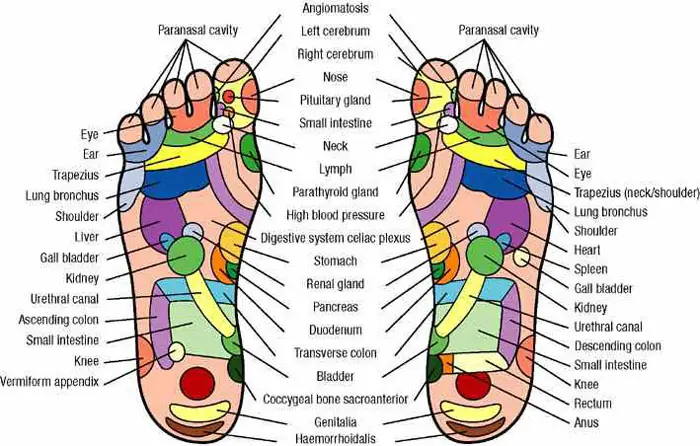
Pressure Points in Your Feet: Use This Foot Massage Chart for Pain Relief

8 Ways To Get Rid Of Phlegm And Mucus In Chest And Throat

Doctor Reveals Surprising Thing That Occurs When You Don’t Eat – and It’s The ‘Opposite’ of What Most People Think

10 Signs You May Have Kidney Disease

This is what sleeping on the left side does for our brain, stomach & glymphatic health

This Is What Happens When You Eat Too Much Sugar—#7 Will Sh0ck You!
Learn to recognize the red flags of sugar overload before it sabotages your health

Heart Surgeon Reveals 4 Foods You Should ‘Always Avoid’ That Will ‘Poison’ Your Body
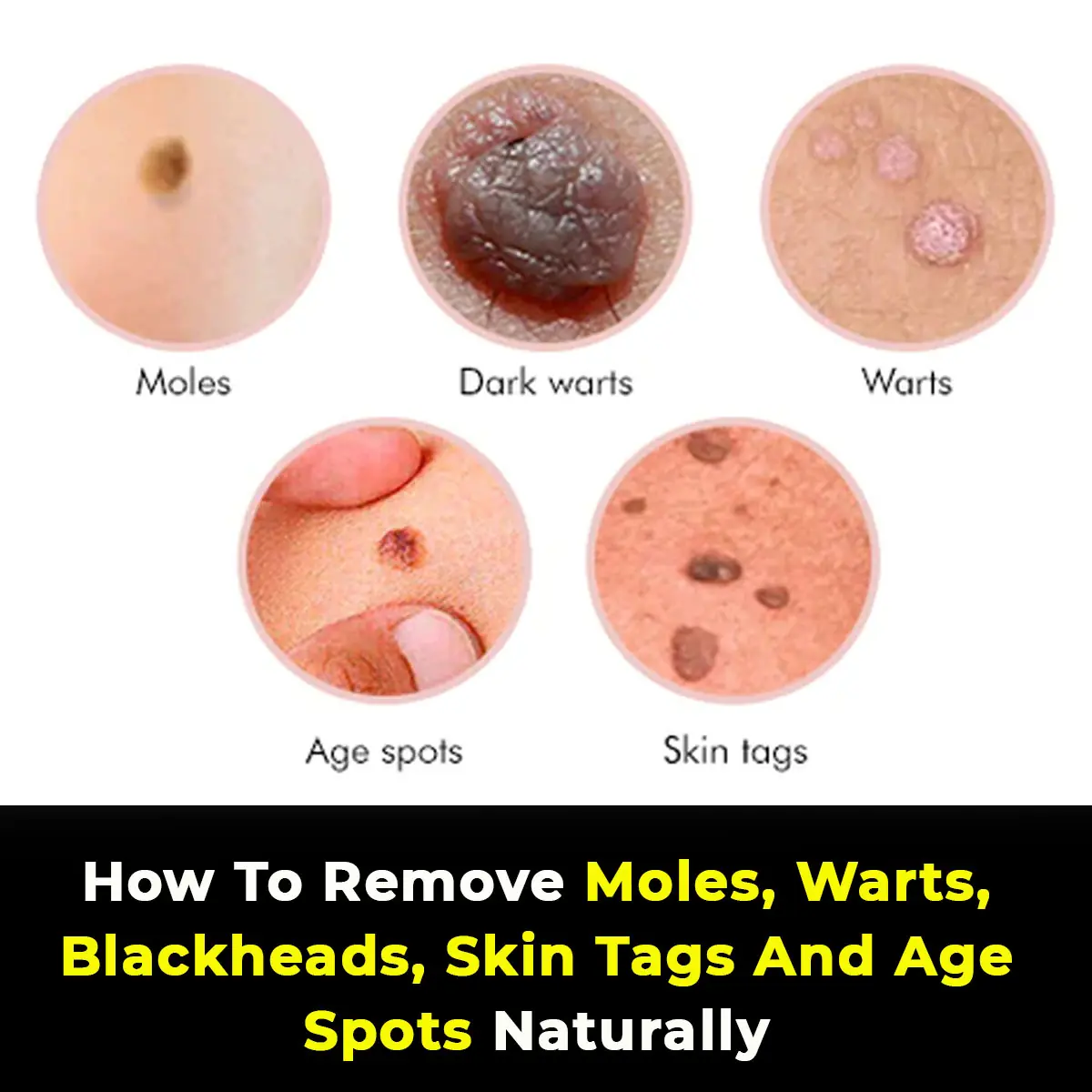
Natural Skin Care: What Can You Try To Remove Age Spots, Moles, Skin Tags, Warts, And Blackheads?

10 Signs You’re Living With Clogged Arteries
News Post

After I Saw The Baby My Wife Gave Birth To, I Was Ready To Leave Her — But Then She Said, “There’s Something I Need To Tell You.”

Medicinal Health Benefits of Garlic (Raw, Supplement) – Science Based

Mom Sells Old Stroller to Feed 4 Kids, Finds It on Her Doorstep the Next Day with Note Inside – Story of the Day
A pregnant mother of three needs to sell her stroller to feed her three children after she was abandoned by her husband.

A Father’s Redemption: How One Dad’s Love Gave His Disabled Daughter a Future Beyond Her Dreams
Prom Night Miracle: Devoted Dad Takes Disabled Daughter to Prom—Then Finds a $10K ‘Dad of the Year’ Surprise!

He Wouldn’t Take Off His Hat In Class—But When I Found Out Why, Everything Changed

THEY SAID I COULDN’T KEEP MY JOB AND RAISE HER—SO I TOOK HER ON THE ROAD

A Stranger Yelled At My Daughter In Public—So I Made Sure She Got What She Deserved

My Cousin Got A Job At My Ex’s Restaurant—And Then Sent Me A Photo Of What He Found In The Walk-In

Warning Symptoms of Vitamin B12 Deficiency and How to Fix It

Tingling Sensation In Your Body: Why Does It Happen

High Blood Sugar Warning Signs

Earth Plunged Into Darkness For Six Minutes In Rare Event Not Seen In A Century

The Hidden Meaning Behind Leg-crossing — It’s More Than Just Comfort

Scientists Warn: Universe’s ‘Self-Destruct Button’ Could Trigger Without Warning

WORLD'S FIRST DATE SOFT DRINK

We weren’t the only humans just the last ones left to tell the tale

Japanese “Baba Vanga” Meme Resurfaces After July 2025 Tsunami Triggers Alerts

Top Signs of Iron Deficiency and How To Increase Iron Levels In Your Blood

Doctors Suspected Baby Had Mouth Tumor—The Shocking Truth Left Them Speechless
